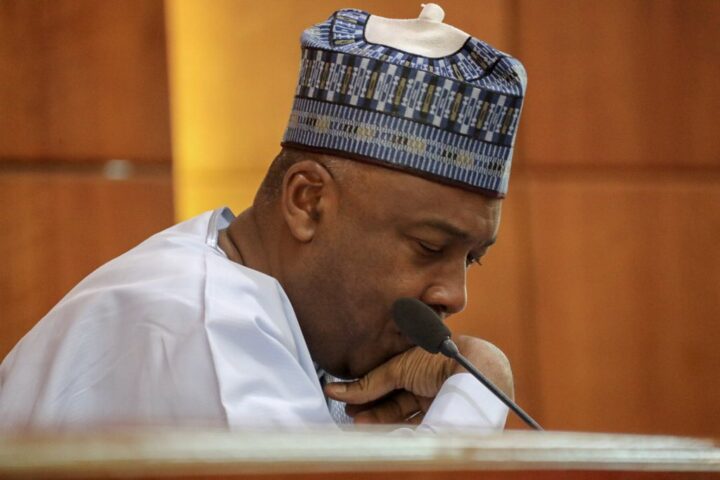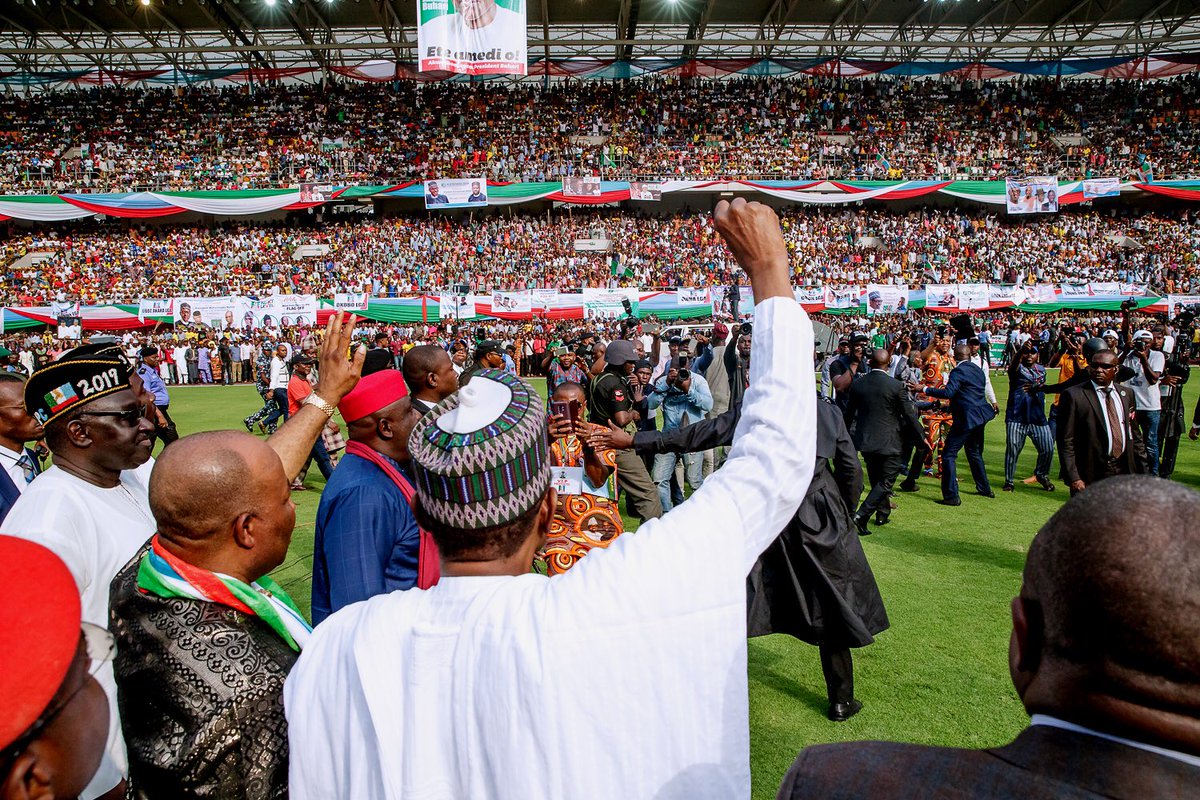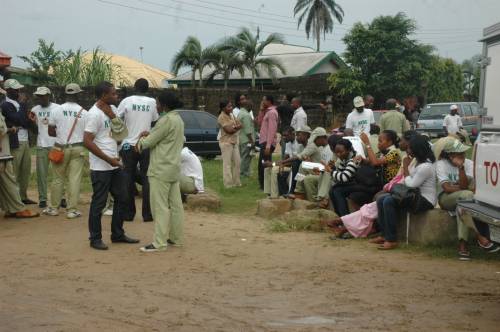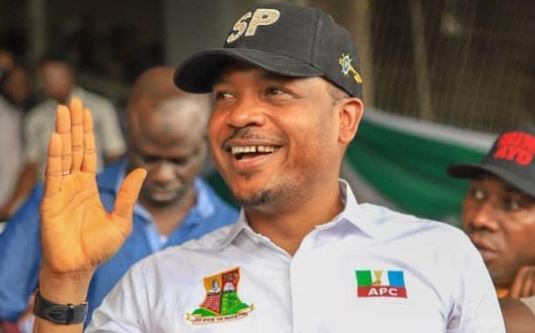Senate President Bukola Saraki is a prominent but polarising figure in Nigeria’s politics. He stepped into the shoes of his late father as the “generalissimo of Kwara politics” in the early 2000s but the result of the 2019 national assembly elections shook him. Since 2003, when he became governor of Kwara, he has dictated the pace and play of politics in the state. Until the revolution of Ibrahim Oloriegbe of the All Progressives Congress (APC) who will take Saraki’s seat, starting from June.
In 2014, Saraki joined the APC, alongside seven other senators from the PDP, and played a crucial role in ousting the PDP from power. But it was not all rosy for him in the new party. Not long after the APC came to power, Saraki began a struggle for his political survival. In 2018, he returned to the PDP, leading the campaign for the ouster of the APC in the 2019 election.
In the past three and a half years, Saraki has been a subject of controversy. And the national assembly he leads has come under intense scrutiny and criticism. Here are five political battles he fought at the senate
‘OUTWITTED’ APC/NATIONAL ASSEMBLY LEADERSHIP CRISIS
Advertisement
The road to Saraki’s emergence as senate president was treacherous. Intrigues and subterranean plots coalesced in the weeks before his “becoming”. Ahead of the inauguration of the eighth assembly on June 9, two divergent groups emerged in the senate – Senate Unity Forum, led by Barnabas Gemade; a senator from Benue state, and – Likeminded Senators, led by Dino Melaye, a senator from Kogi state.
The Gemade group was Ahmed Lawan’s bulwark while the Melaye group was Saraki’s. Both groups schemed in a political gladiatorial combat to outwit each other.
Things became “combustible” when the APC endorsed Lawan as its preferred candidate for the position and directed all its members in the senate to support his candidature. But Saraki would not back down; he defied his party. He then courted PDP members of the senate who now joined his chariot.
Advertisement
The APC in the senate became polarised, and the party had a first taste of bitter leadership crisis. The crisis affected the smooth functioning of the senate in its early days owing to frequent adjournments and brawls.
OPPOSED BUHARI ON MAGU
On March 15, 2017, the Saraki-led senate yet again rejected the nomination of Ibrahim Magu as chairman of the Economic and Financial Crimes Commission (EFCC). Magu was rejected after the senate voted against the confirmation of his appointment. In December 2016, the upper legislative chamber had rejected his appointment, citing a DSS report indicting him of corruption.
The anti-graft czar was accused of corruption and “gross violation of human rights”. He was also alleged to be in possession “of undeclared pieces of property.” However, President Muhammadu Buhari snubbed the senate on its resolution and re-nominated Magu, setting the stage for a political showdown.
Advertisement
In a media chat, Vice-President Yemi Osinbajo said the EFCC acting chairman did not need the confirmation of the senate to function.
‘FORGERY’ OF SENATE RULE BOOK
After Saraki breasted easy victory, the senate was thrown into a whirlpool of confusion. Lawan, the APC preferred candidate, and his allies formed a band of opposition against him at the upper legislative chamber. The federal government later filed charges of forgery against Saraki and Ekweremadu, his deputy, alleging that they altered the senate rule book to legitimise their election.
The senate president was later slammed with charges of false asset declaration at the Code of Conduct Tribunal (CCT). But he was discharged and acquitted by the tribunal of which judgement was upheld by the Supreme Court.
Advertisement
HAMEED ALI FACE-OFF
In June 2017, Hameed Ali, comptroller-general of customs, and the senate were locked in a tug of wills. The face-off between the Saraki-led senate and Ali stoked much controversy. The controversy rippled when the upper legislative chamber summoned the customs chief and asked him to appear in uniform. The customs had planned to enforce a retroactive collection of duty on vehicles, but the senate blocked it, summoning Ali.
Advertisement
Ali had appeared before the senate in civilian attire. He was ordered out of the chamber and was asked to re-appear in customs uniform. This subsequently led to a contest of powers. However, the face-off spawned an allegation that the senate was exacting vengeance on Ali because the customs had seized Saraki’s SUV. But Saraki denied the allegation.
ELECTORAL ACT CONTROVERSY
Advertisement
President Muhammadu Buhari declined assent to the electoral act amendment bill, 2018 twice. The national assembly had passed the bill on July 24, 2018, and transmitted to the president on August 3.
Buhari withheld assent to the bill in March, saying the proposed law would usurp the constitutional powers of Independent National Electoral Commission (INEC) to decide on election matters, including fixing dates and the order they would go.
Advertisement
In addition, the president explained that he was complying with section 58 of the 1999 constitution, particularly sub-section 4, by refusing to sign the bill. The passing of the bill generated controversy, with some lawmakers alleging that it was targeted at Buhari in the 2019 elections.
Add a comment







